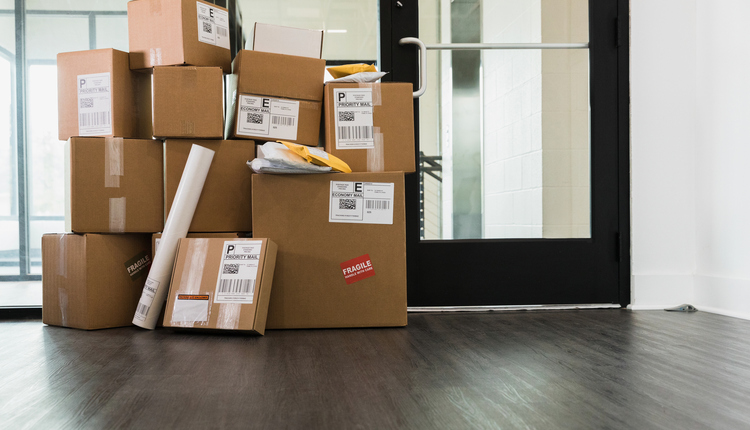Deregulation has had very positive effects on the cost of transporting and distributing the nation�s freight and parcel express traffic. However, shippers must learn about the pitfalls in transportation and logistics since an unsophisticated buyer of transportation services can cost his employer significant amounts of money.
Parcel insurance is a good example to begin with because of recent litigation. (UPS has had a rash of class action and other lawsuits filed against it during the last few years, all stemming from the U.S. Tax Court�s upholding the IRS� contention that UPS illegally evaded taxes when it set up an off-shore insurance company to divert million of dollars in excess value charges. UPS has not yet decided whether it will appeal that decision.)
Stemming from its insurance operation, twelve class action suits were filed against UPS, alleging a variety of illegal actions, including entering into a sham arrangement with an insurer to charge shippers unconscionable prices for excess value insurance in violation of various state laws.
To understand the profitability of UPS� excess value insurance charge (35� per $100 of excess value declared), consider the evidence in the tax case. In 1984, UPS collected $99 million in excess value charges, which were only 25� per $100 at that time. UPS paid only $22 million in claims. A $77 million profit is not bad for an accessorial service!
Now comes a new allegation. An amended complaint has been filed in the Southern District of New York, alleging UPS has, by its indirect acquisition of Parcel Insurance Plan, LP (PIP), lessened competition in the package insurance market. Specifically, the allegation is that UPS acquired its largest competitor in the package insurance market in a covert manner through its off-shore subsidiary in order to eliminate PIP as a competitor. The complaint also alleges that UPS capitalized on its monopoly by steering shippers to accept UPS� excess value insurance � to the exclusion of competitors who charge much less.
The amended complaint also alleges that unlike Federal Express� software, UPS does not assist shippers in identifying and coordinating with competitors in the provision of package insurance services. UPS� forms and software allegedly provide no indication that excess value insurance is available through third-party providers and make no provision for the coordination of such information with third-party providers. To the extent that UPS package insurance competitors seek access to UPS� forms and software, the court may order that such access be provided in the event that the plaintiff in that case prevails.
An SEC filing on May 31, 2000 discloses that Overseas Partners Ltd. (OPL) acquired the assets and liabilities of Parcel Insurance Plan, LP (PIP) in December 1997. OPL is a Bermuda Corp. whose shareholders are largely current and former employees of UPS. Its largest single reinsurance program is the reinsurance of Shipper�s Risk insurance issued by US-based insurance companies for UPS packages.
The solution for parcel shippers is to shop for insurance and consult risk managers to be certain their parcels are covered for full value if they exceed $100 per package or the maximum value per shipment published by the carriers. Don�t just shop for rates and insurance premiums. Read the carriers� rules tariffs or service guides! They are usually accessible on their Web sites. If any of these rules or charges are unacceptable, negotiate for their exclusion from your contract. Remember, in a deregulated environment, everything is negotiable.





